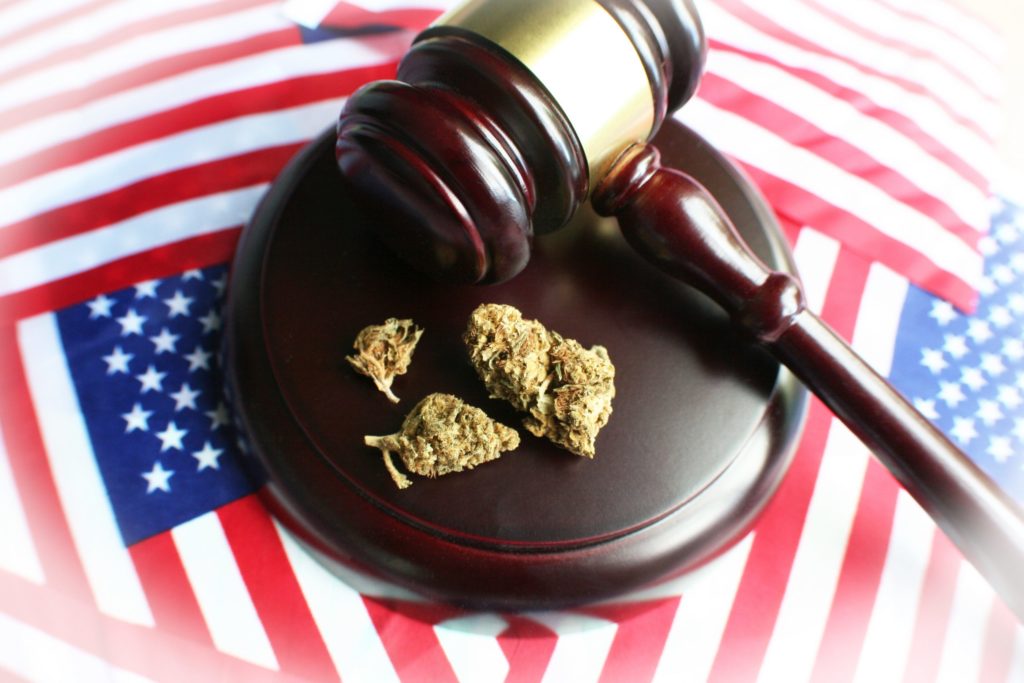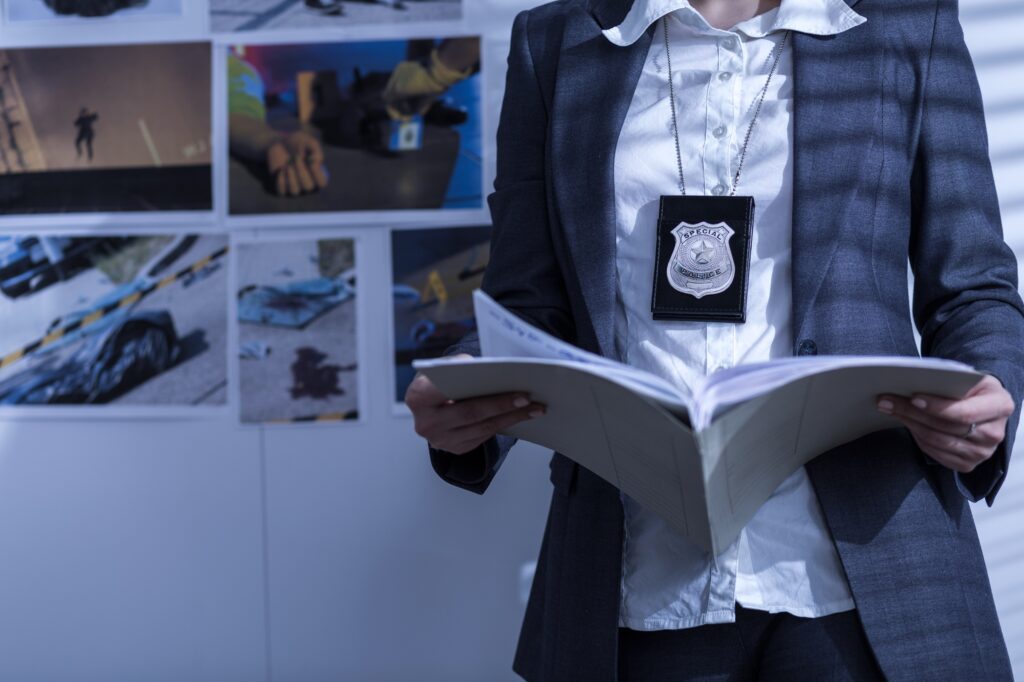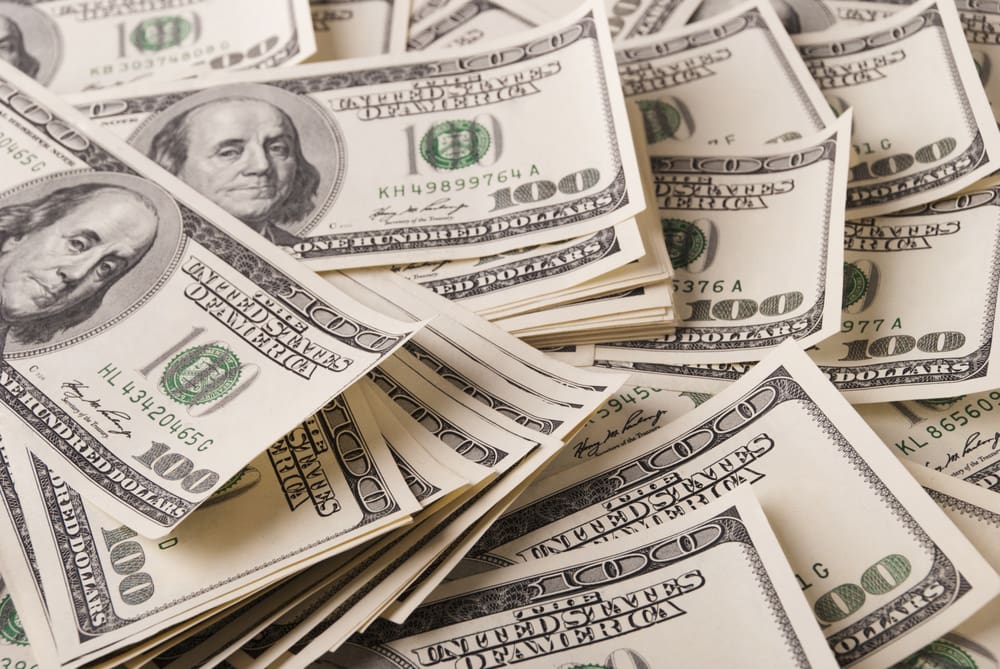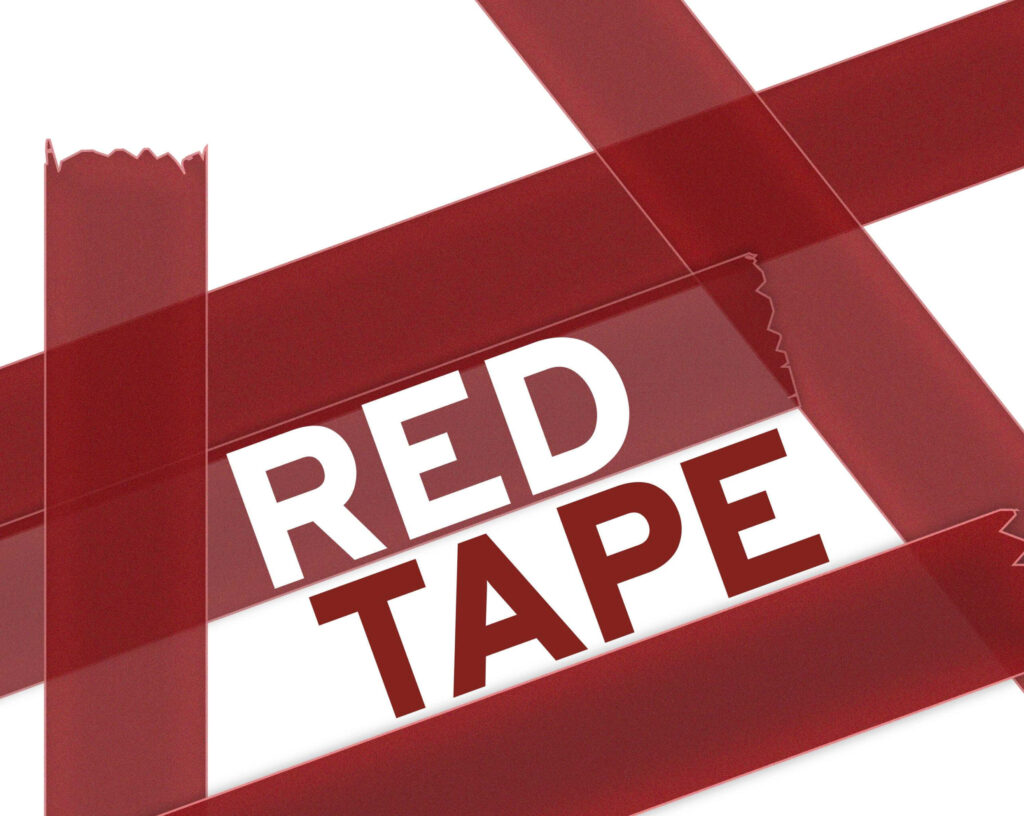Remarks prepared for Re:Create Coalition briefing
In the sweaty summer of 1787, our Founding Fathers created the oldest working written constitution in the world. This document, as those of us on the political right are wont to point out, exists not only to structure government, but also to limit its powers.
But one power the men meeting in Philadelphia clearly did grant the federal government was to create intellectual-property protections. They authorized Congress: “To promote the Progress of Science and useful Arts, by securing for limited Times to Authors and Inventors the exclusive Right to their respective Writings and Discoveries.”
Indeed, it’s a fitting and proper power of our government to grant these “exclusive rights.” Creators ought to have some level of protection; not because it’s a natural right, but because it’s useful to society.
But the mere grant of power does not mean that power ought to be unlimited or to trump our natural rights of free speech and free expression. Copyright is a creation of the state. It’s a useful one, but a limited one. In deciding how it should be constructed, we also must look to the founders’ intent and appeal to our own reason.
In fact, the founders let us know their intentions well, by making clear the term of copyright ought to be limited. We know that because they used that precise word. At the time of our founding, they placed limits both on the nature of copyright and its reach. At our founding, the term of copyright could not be more than 28 years. Today, it is, in many cases, well over a century. That’s longer than any human life span.
The founders told us that copyright exists to promote “Progress of Science and useful Arts.” This strongly implies that it must be judged on pragmatic grounds. Today’s copyright system, and its ever-growing grants of rights, fulfills no part of the founders’ vision. There is no way the original intent of the Constitution included retroactive extensions of copyright. This is crony capitalism at its most intense.
Part of the point of copyright, after all, is to encourage sharing and assure that, after creators have earned their well-deserved profits, the work enters the public domain, where others can learn from, add to and transform it.
The flourishing of any society is best measured not by its power, might or even its wealth, but rather by its ability to create. All creators stand on the shoulders of giants; almost all creativity is an additive process. Without a vibrant public domain, true social flourishing, true human flourishing, is difficult to achieve.
James Madison, the father of our Constitution, once told a correspondent from Kentucky that: “The advancement and diffusion of knowledge is the only guardian of true liberty.”
He was right. Our current copyright system is deeply flawed. It does not need to be abolished. But it ought to be transformed and brought in-line with the realities of the digital age.
Thank you.









